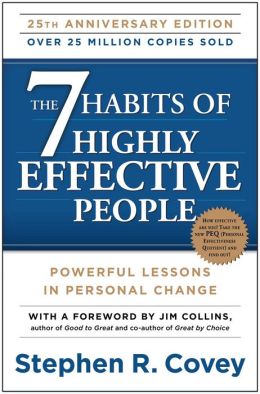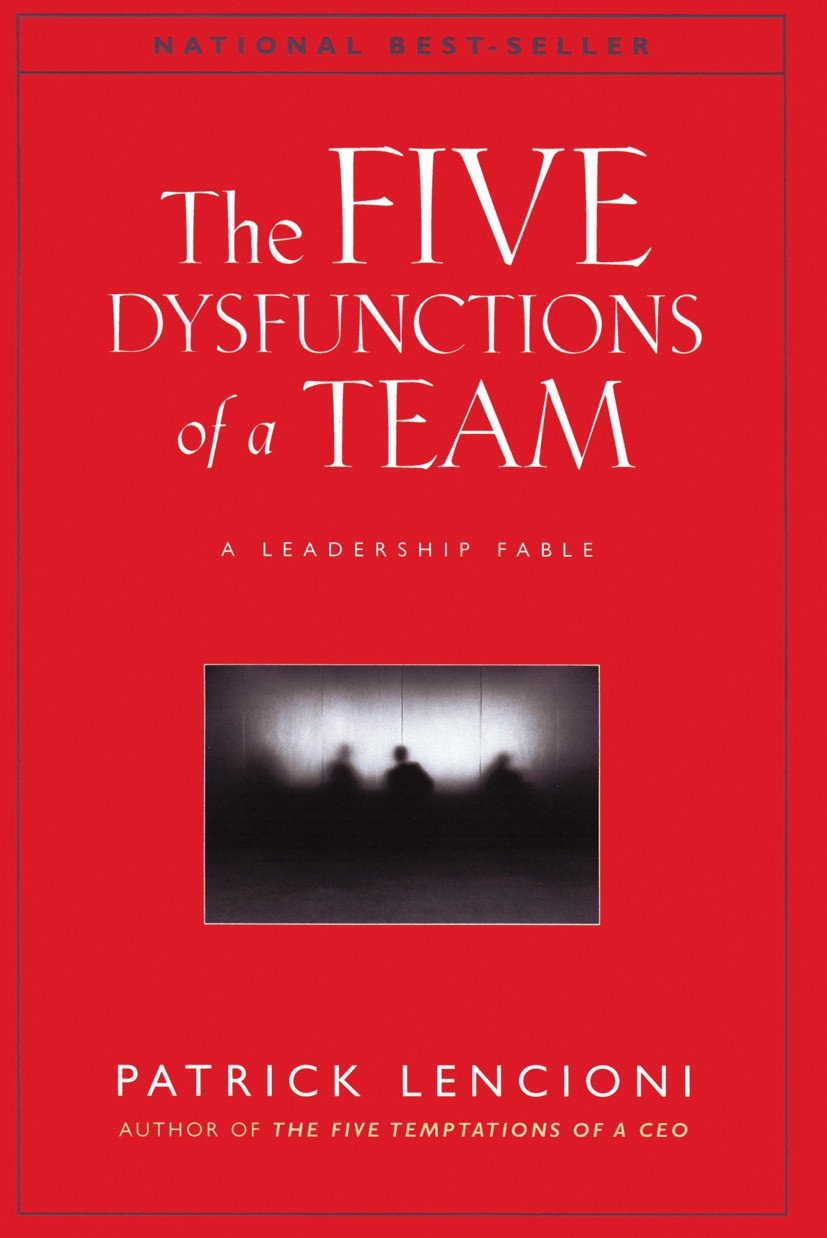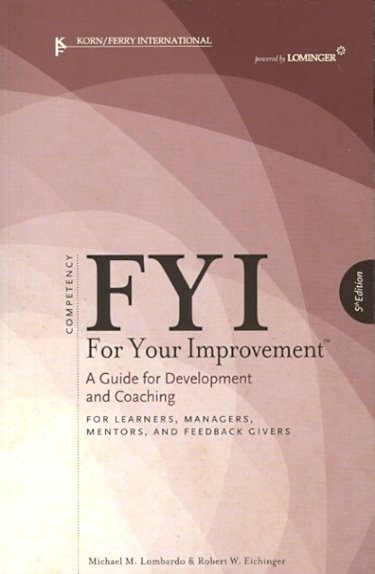The Seven Conflicts
I was introduced to The Seven Conflicts during premarital counseling. Although it focuses on resolving common disagreements in marriage, it contains excellent information for managing conflict - no matter where it occurs.
Now, you may ask, "So, why include this here?" Because understanding the root cause of conflict in one area and developing skills to resolve them applies in all areas of life: at home, work and play.
Also, it is common knowledge that conflict at home can "spill over" into the workplace, and vice versa.
According to the authors, the most common disagreements relate to:
|
|
As you can see, conflicts arise when certain needs (expectations) are not met. (See Maslow's Hierarchy of Needs.)

The Seven Conflicts
Althought how one ranks these in order of importance depends on their personal perspective, I can safely say that all of the following are important in the workplace:
- Security
- Caring
- Order
- Connection
Security
We all seek a degree of security. We want to be able to take our employer at their word and feel confident s/he will be fair and honor their agreements.
In return, you desire that your employer is confident you will do the same.
Although no employer can promise long-term, or life-long, employment, your need for security is met when your employer is stable
Caring
Caring relates to feeling that you matter. When employees' opinions and ideas are acknowledged, it gives them a sense of feeling valued.
They are able to contribute in a meaningful way towards mutual goals.
When this is not the case, employee satisfaction and engagement tends to decline.
Order
Although some chaos is acceptable, most of us do not do well in extreme chaos because things are so unpredictable.
Therefore at work, employees seek some structure and order. Structure helps one understand what to expect, who to go to with questions and how things are done.
It also helps set boundaries, and assists in determining what is in and what is not. It minimizes confusion, which leads to conflict.
Communication
I selected communication because we all like to be "in the know."
Now, some are content with knowing what they need to know, whereas others want to know much more. Regardless of where one falls on the continuum, we all need to have some level of knowledge and communication to do our jobs well.
Bruce, my honorary boss for life, followed this practice: overcommunicate rather than undercommunicate."

Want To Know More?
The Seven Conflicts by Tim and Joy Downs helped me better understand the root cause of conflict, how to avoid unnecessary disagreements and resolve conflict as it arises.
Improve Your Relationship with Your Boss
Are you looking to improve your relationship with your boss? If so, the Boss Relationship Worksheet will help you better understand and communicate more effectively with your immediate supervisor.
To download your copy, submit your information on the form below.
After completing the Boss Relationship Worksheet, you will find that the following will prove helpful in showing you how to cultivate a better working relationship with your boss:
 |
I published my first book and I am beyond excited.
Get your FREE copy of Called to Lead!
ORDER PRINT HERE
Leaders don't
create
followers.
Leaders
create
other
leaders.
- Tom Peters













